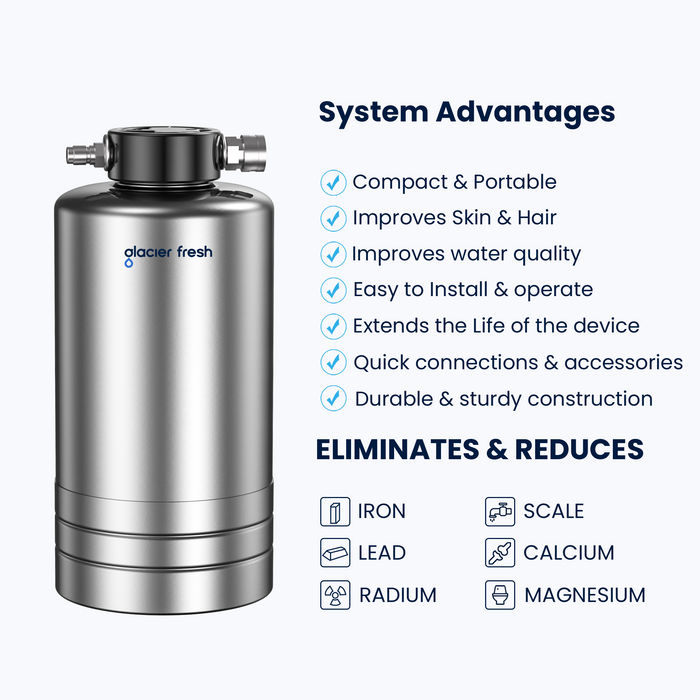When it comes to RV travel, having reliable rv interchangeability water options is crucial for a comfortable experience. Whether you are camping in a remote location or parked at a full-service campground, understanding how to connect and utilize different water systems can significantly enhance your journey. This guide will delve into the various aspects of RV water connectivity, ensuring you are well-equipped for your adventures.

What Are RV Interchangeability Water Options?
RV interchangeability water options refer to the different systems and components that allow RV owners to connect their vehicles to various water sources. These options include:
- City Water Connection
- Fresh Water Tank
- Water Filters
- Water Pump Systems
Each of these systems serves a unique purpose and can be used interchangeably depending on your needs. For instance, if you are parked at a site with a city water connection, you can directly connect your RV to the water supply. Conversely, if you are in a more remote area, you may rely on your fresh water tank.
Understanding Compatibility and Connectivity
Compatibility is a key factor when considering rv interchangeability water options. Most RVs are designed with standard fittings, making it easier to connect to various water sources. However, it is essential to check the specifications of your RV and the water supply to ensure a proper fit. Have you ever wondered what happens if the fittings don’t match? In such cases, adapters can be used to bridge the gap, allowing for seamless connectivity.
Essential Components for RV Water Systems
To maximize your RV's water system, consider the following essential components:
- Water Hoses: Ensure you have high-quality, food-grade hoses for safe drinking water.
- Water Filters: Installing a filter can improve water quality. Check out options at
 .
. - Pressure Regulators: These devices help maintain safe water pressure, preventing damage to your RV's plumbing.
- Water Pumps: If you rely on a fresh water tank, a reliable pump is essential for drawing water.
Maintenance Tips for RV Water Systems
Maintaining your RV's water systems is vital for ensuring long-term functionality. Regularly check for leaks, clean filters, and flush your fresh water tank to prevent contamination. If you notice any issues, addressing them promptly can save you from more significant problems down the line. Additionally, consider winterizing your system to protect it from freezing temperatures.
Conclusion
In summary, understanding rv interchangeability water options is essential for any RV enthusiast. By familiarizing yourself with the various systems, ensuring compatibility, and maintaining your equipment, you can enjoy a worry-free travel experience. Whether you are a seasoned traveler or a newcomer to the RV lifestyle, these insights will help you navigate your water connectivity needs with confidence.


